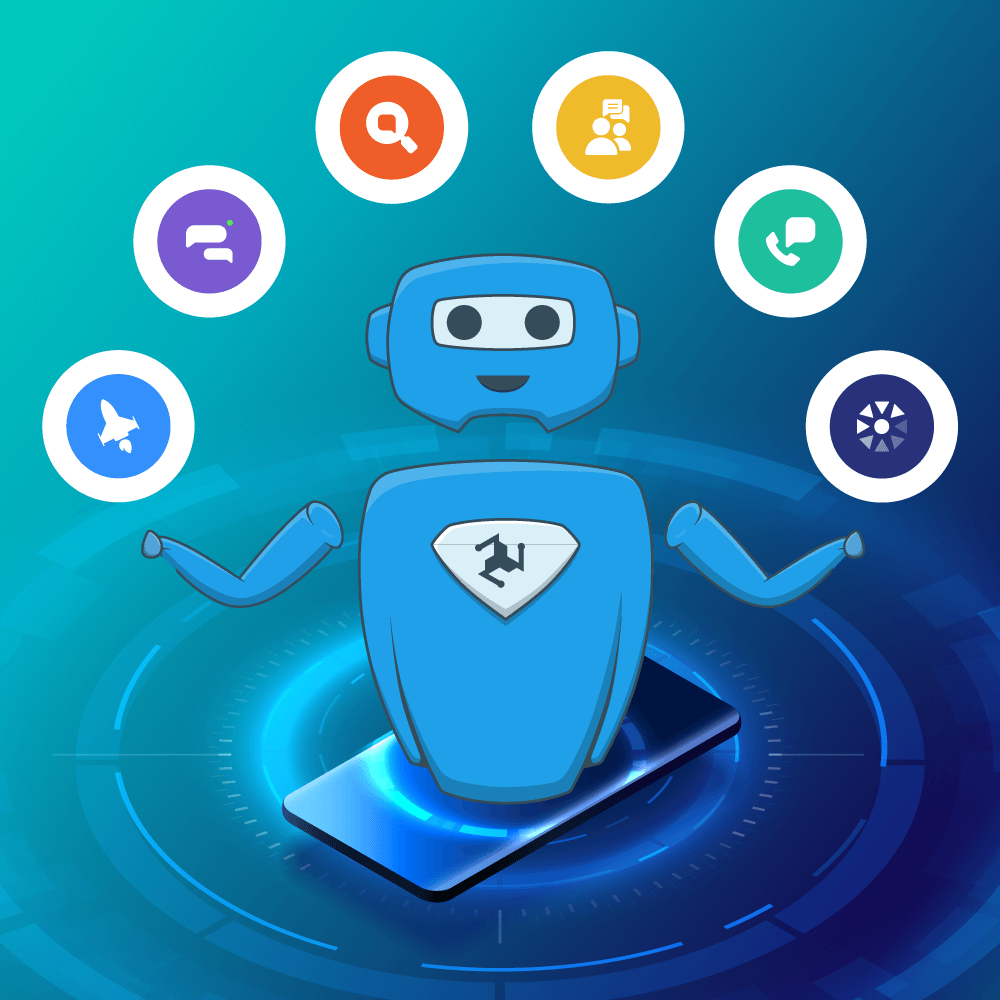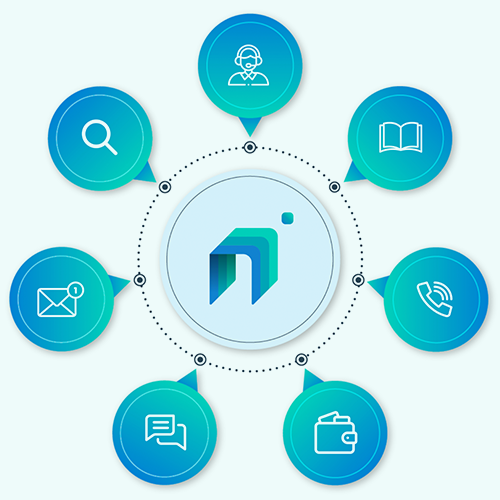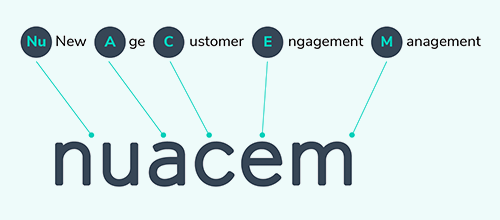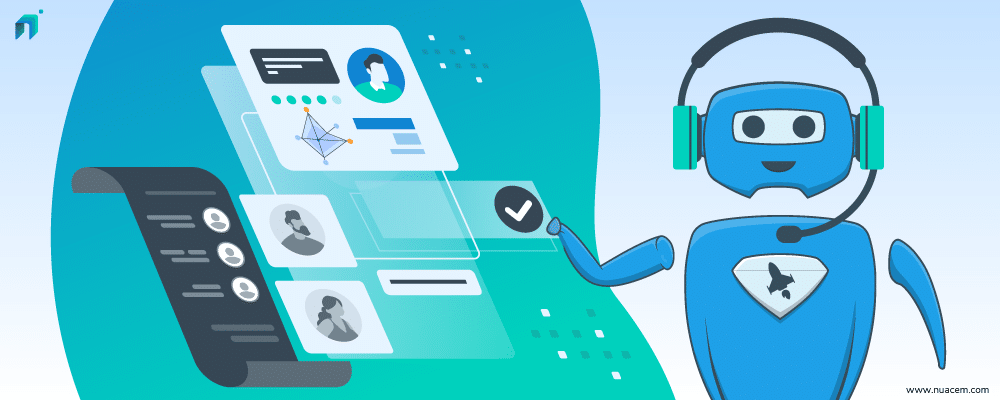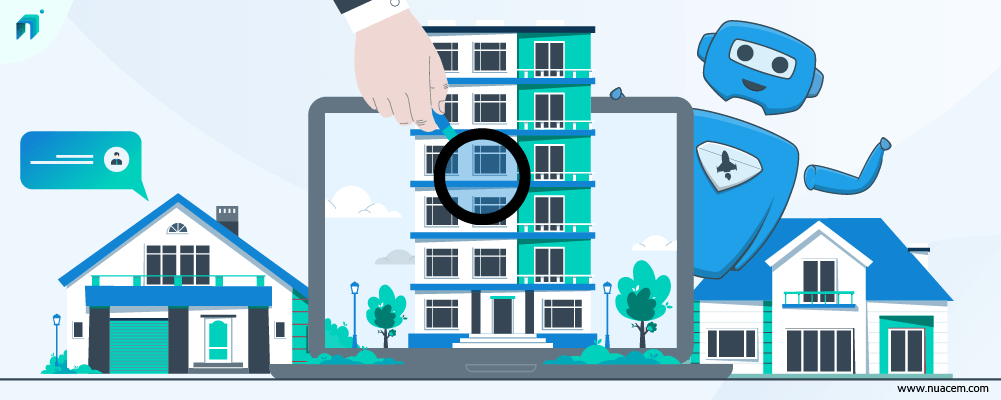Conversational AI is a rapidly growing field driven by the pandemic. Healthcare and pharma companies are exploring using this technology to improve engagement with patients, physicians and other stakeholders.
AI is starting to make strides in the healthcare sector
AI is a rapidly growing field, with many opportunities for healthcare organizations to leverage. Healthcare patients are increasingly looking for ways to engage with their providers. However, the available technology isn’t always up to delivering practical answers and advice in real-time. While some do-it-yourself platforms may be helpful for those who want to research their symptoms on their own, they’re not ideal for complex questions or situations where you need expert assistance from an expert.
The good news is that plenty of newer solutions are available that can help improve engagement between patients and medical professionals by automating much of this process through conversational AI (CAI).
The global health crisis drives digital transformation in healthcare
The global health crisis is a pandemic. It is growing, affecting more people worldwide every year, and there are no signs of it slowing down. Healthcare providers and patients alike need access to accurate information about their condition to make informed decisions about treatment options or lifestyle changes that could improve their quality of life. In today’s world, where technology has become so pervasive that we’re often unable to do basic tasks without using our phones or computers—the ability for digital transformation in healthcare can be crucial when it comes time for these difficult conversations with loved ones who suffer from chronic pain or other severe diseases like cancer or diabetes.
Several factors have spurred the rise of DT
- The constant stream of new technology available at our fingertips;
- The increased availability of affordable mobile devices such as tablets which allow doctors/nurses/physicians to access remote locations;
- Expanding health literacy among consumers who are increasingly able to understand complex medical terms through social media platforms like Facebook Messenger (formerly WhatsApp), Instagram Stories etc.,
What are the opportunities for conversational AI in healthcare?
- Improved patient engagement
- Reduced costs
- Improved patient care and outcomes
Will voice assistants change the face of healthcare?
Voice assistants are changing the face of healthcare, and it’s not hard to see why. Of course, how we interact with technology has changed over the past few years. However, voice-first interfaces have already become an integral part of our lives. In fact, in 2018 alone, consumers spent $2 billion on voice-activated devices such as Amazon Echo or Google Home speakers (a number that will only continue to rise).
The impact these devices have had on our homes is undeniable: they make life easier by acting as helpful companions who can help us manage tasks around the house; however, there are also some less obvious benefits like improving sleep quality and reducing stress levels within families by providing helpful reminders during challenging times like bedtime routines or homework assignments due dates.
What have been some real-world examples of conversational AI in Healthcare and Pharma?
- AI has been used to help doctors diagnose cancer.
- AI has been used to help doctors predict heart attacks.
- AI has been used to help doctors predict seizures, strokes and other brain injuries that can lead to death or disability in people with a history of stroke, heart attack or some other condition that causes inflammation around the brain or spinal cord.
How can healthcare and pharma companies use conversational AI to improve patient engagement?
- Conversational AI can be used to answer patient queries.
- Conversational AI can be used to provide patient education.
- Conversational AI can be used to help patients find the right healthcare provider, as well as help them find the proper medication.
Conversational AI is a rapidly growing field driven by the pandemic
Conversational AI is a rapidly growing field driven by the pandemic. The use of this technology has been increasing over the years, and it’s no wonder why:
- Conversational AI is used in many industries, including healthcare and pharma, medicine and health care. They have transformed human resource intervention and reduced their workload by about 65%.
- Conversational AI has automated patient communication including appointment management, availability of medicine, prescription refills, post-discharge care/follow-up, accessing medical records in a secure way, paying bills and claiming insurance and much more.
Summing up
The future of conversational AI is bright and exciting. Patients will be able to communicate with their doctors in a natural, interactive way but also safe for them. Doctors can access more information about their patients and provide better care using this technology. However, it’s important to note that this isn’t something we should expect overnight; it takes time for these systems to develop correctly, so there are many challenges ahead before we see any significant improvements in healthcare.
